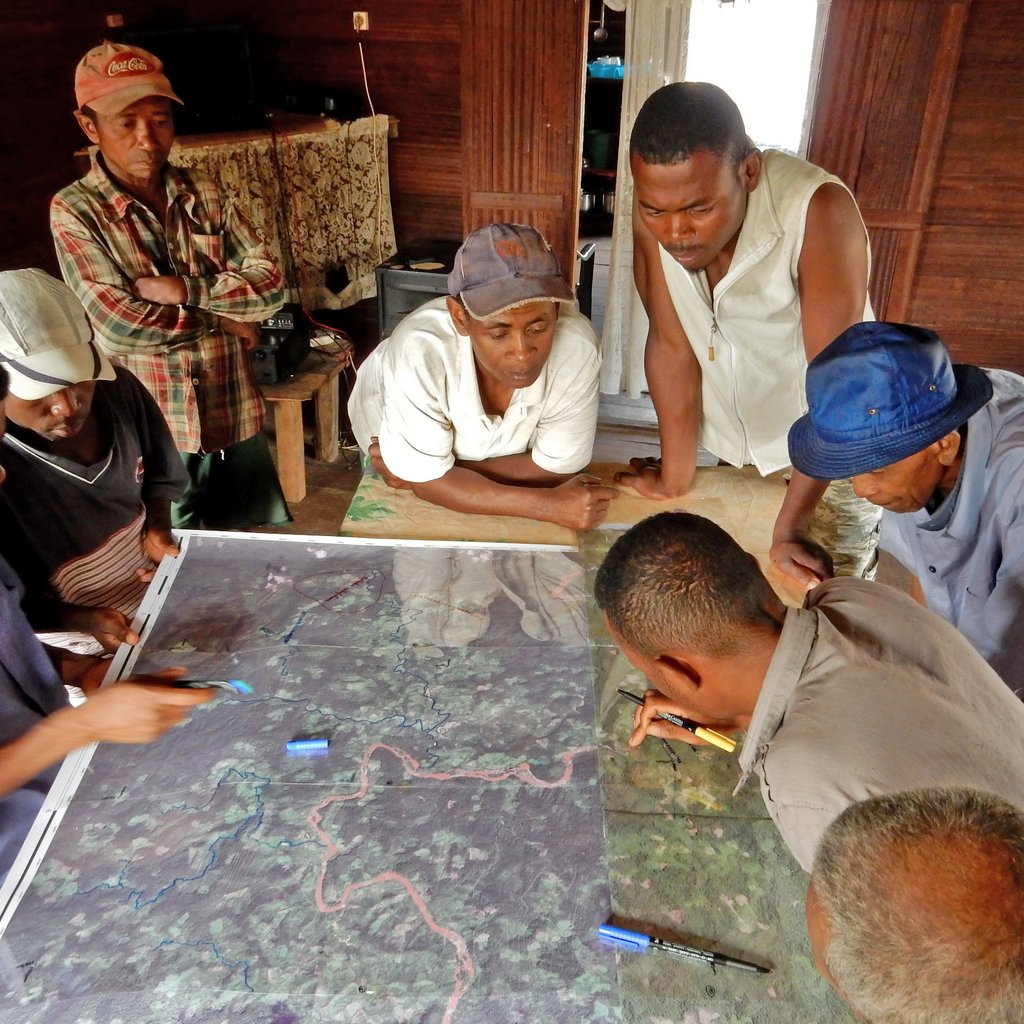The UN-ETH Forum 2025 brings together international experts, policymakers, and academics to address global challenges in peace, security, and sustainability. A highlight for professionals in International Agriculture is the panel “Who Gets To Eat? Navigating Trade-offs in Sustainable Food Systems”, which explores how to reconcile Zero Hunger (SDG 2) and Good Health and Well-being (SDG 3) with the broader Agenda 2030. Discussions cover water use, food processing, the Planetary Health Diet, Switzerland’s global role, and the voice of youth in reshaping agriculture and food systems. Chaired by Prof. Dr. Robert Finger (ETH Zurich) with contributions from Ambassador Krisztina Bende, Prof. Dr. Alexander Mathys, Dr. Marc Müller, and Dr. Sabine Mukerji.
Zurich, Switzerland
read more
